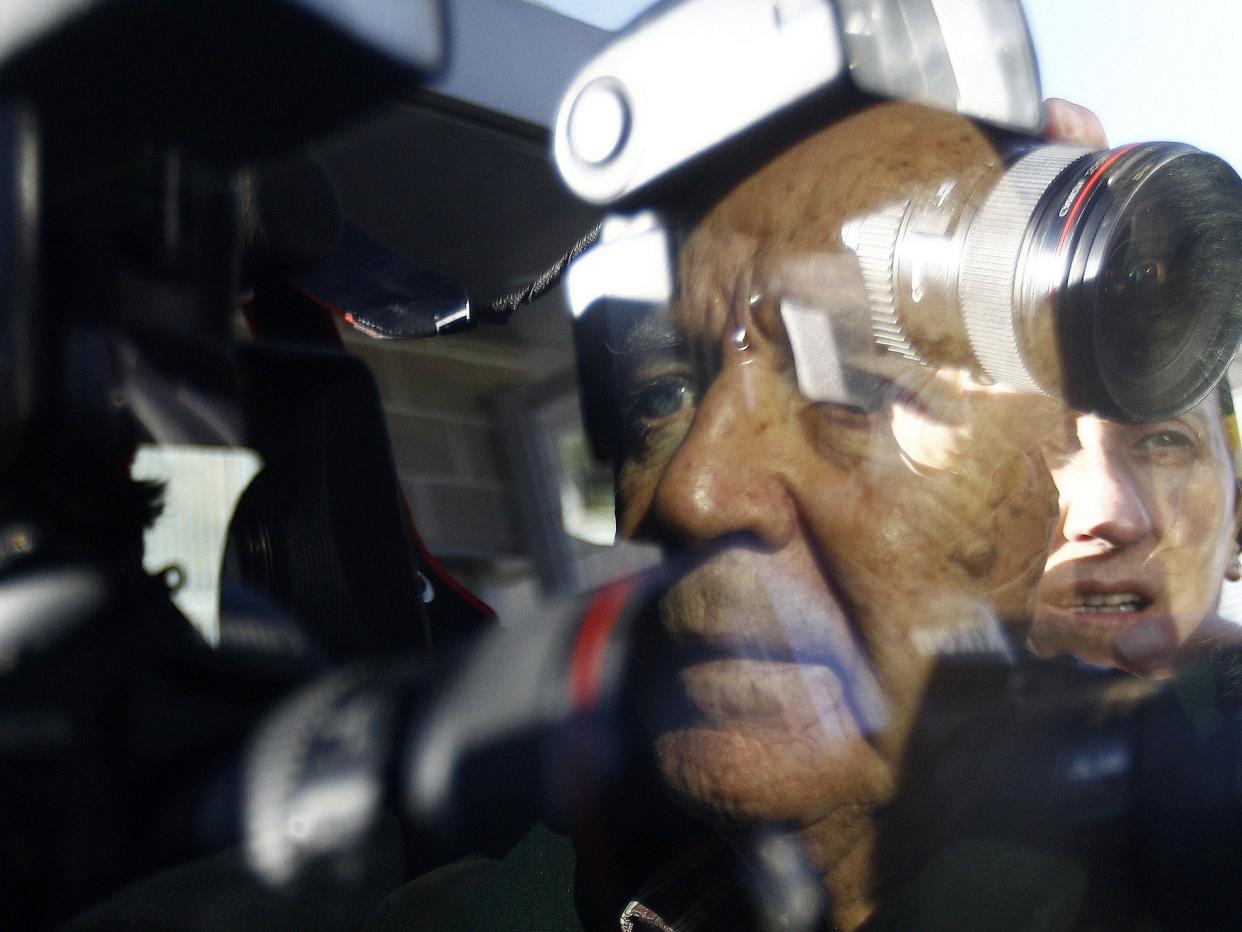Josep Lluis Nunez: Catalan business magnate who made FC Barcelona great but fell foul of the law

Josep Lluis Nunez was the Spanish construction magnate who helped grow FC Barcelona into one of the world’s most valuable sports teams, presiding over the acquisition of some of football’s finest players and the creation of an influential youth academy while battling with opponents who questioned his approach to the game.
Nunez was the organisation’s longest-serving president, holding the office from 1978 to 2000. He was investigated for corruption soon after leaving the team, and in 2011 was sentenced to six years in prison – later reduced to 26 months – for attempting to bribe tax inspectors investigating his construction business.
With the motto “more than a club”, Barca, as it is better known, has long cultivated its image as an embodiment of democratic ideals and Catalan pride. Similar to Exeter City and AFC Wimbledon the team is essentially owned by its fans. This group of more than 144,000 “members” who elect the team’s president and, at many home games, chant in favour of Catalan independence at the 17-minute, 14-second mark, in a symbolic nod to the year in which King Philip V of Spain captured their city.
Nunez was known as a businessman, not a sports figure, before Barca’s members elected him president in 1978, following a tumultuous campaign season in which he wooed journalists over lavish seafood dinners, purchased an address list of all the team’s voting members and tarred his opponents with propaganda about their personal lives, according to La Roja, a history of Spanish football by journalist Jimmy Burns.
He went on to usher in a new, modern era at FC Barcelona, an organisation that includes basketball, roller hockey, futsal (a variant of football) and handball teams alongside its flagship football club.
Nunez, the team said in a statement, “totally transformed the club. In his first season, 1978-79, the budget was 817m pesetas, and by 1999-2000 it was a massive 17,600m”, or roughly £85m. The growth was fuelled by both an expansion of the team’s facilities and increasing success on the pitch.
Under Nunez, the team featured world-class players such as Ronaldo, Diego Maradona and Pep Guardiola, and managers including Dutch football great Johan Cruyff, who assembled a formidable squad known as the “Dream Team” in the early 1990s. It also won a spate of championships, including its first European Cup (now known as the UEFA Champions League), in 1992; four titles in the now-defunct European Cup Winners’ Cup; seven titles in La Liga, the Spanish league; and six titles in Spain’s Copa del Rey competition.
The club expanded its home stadium, Camp Nou, to a staggering capacity of 120,000; built a second, smaller stadium nearby; and erected a popular FC Barcelona museum housing trophies and memorabilia. And in 1979, at Cruyff’s suggestion, it set up La Masia, a youth academy that has trained players such as Andrés Iniesta, Xavi Hernández and Lionel Messi, Barca’s current captain.
In October, FC Barcelona announced that it had surpassed the $1bn mark in revenue, a first for a sports team. Forbes valued the organisation at $4.06bn earlier this year, ranking it the fourth most-valuable team in the world, behind only the Dallas Cowboys, Manchester United and arch-rival Real Madrid.
While Nunez presided over the growth of a financial powerhouse, his reign was marked by strife with players, managers and fans, for whom expectations were nothing less than a Spanish league title each season, and a Champions League crown to boot.
Managers came and went, and Nunez was often criticised for transferring players who, in his eyes, demanded too much money. (Maradona was forced out after two years; Ronaldo lasted just one season.) After an unexpected European Cup loss in 1986, a large faction of his team rebelled and was dismissed, in an event that become known as the Hesperia Mutiny, for the Barcelona hotel in which the players announced their revolt.
Nunez, football journalist Phil Ball wrote in Morbo: The Story of Spanish Football, “survived players’ rebellions, dozens of votes of no-confidence, petulant star players and Cruyff’s periodic attempts to dislodge him from his throne” before finally retiring in 2000, two years before the end of his term as president. At the team’s last game that season, thousands of Barca fans had waved white handkerchiefs his way, demanding his resignation.
“At the farewell press conference he surrounded himself with the 138 trophies won during his 22-year period: 27 from football, 25 from basketball, 50 from handball and 36 from hockey,” Ball wrote. (According to FC Barcelona, his teams won a total of 175 titles.) “He could instead have mounted a large finger on the screen behind his podium, but the journalists present got the message.”
Nunez was born in Barakaldo, in the Basque Country just outside Bilbao in 1931. The son of a customs officer, he went on to build what was widely regarded as the largest construction company in Catalonia, Nunez i Navarro, before being elected president of FC Barcelona.
Survivors include his wife, Maria Lluisa Navarro; and two sons, Josep Maria Nunez and Josep Lluis Nunez Jr, a fellow FC Barcelona official who was also convicted on bribery charges.
While Nunez’s decision to retain or transfer players typically seemed to hinge on money, more personal factors were said to play a role as well. In one history of the team, Barca Inèdit, by Manuel Tomás and Frederic Porta, Nunez was reported to have dispatched Dutch midfielder Johan Neeskens, who was sent to the New York Cosmos in 1979, as a result of a bathroom dispute.
Neeskens, the book’s authors reported, had refused to pass Nunez a roll of toilet paper under the stall.
Josep Lluís Nunez, Spanish businessman, born 7 September 1931, died 3 December 2018
© Washington Post

 Yahoo News
Yahoo News 
